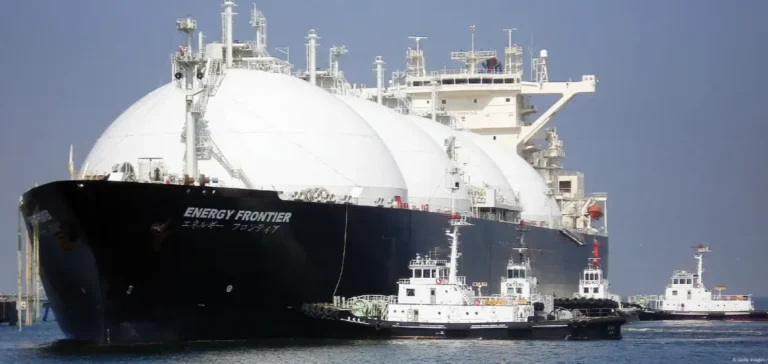Korea Gas Corporation (KOGAS) has formalized an agreement for 3.3 million tons per year of liquefied natural gas (LNG) from the United States, with contractual deliveries starting in 2028 for a ten-year period. The cargoes will be supported by existing North American offtakes and based on Delivered Ex Ship (DES) terms. The pricing index will include Henry Hub (HH), the US gas benchmark, reinforcing direct exposure to the North American gas market.
A response to expiring contracts
This new agreement comes as several long-term contracts of KOGAS reach their end. The 4.1 mtpa contract with Oman LNG expired at the end of 2024, and another 4.92 mtpa contract with QatarEnergy also concluded in 2024. Additional volumes of about 3.3 mtpa will expire in 2025 and 2026. These expirations represent more than 12 mtpa to be replaced.
To mitigate this impact, KOGAS has signed a separate contract with BP Singapore for up to 9.8 million tons over eleven years, with operations expected to start in 2026. Another contract with Woodside covers 0.5 mtpa over ten years starting in 2026. In addition, an agreement with QatarEnergy signed in 2025 secures 2.0 mtpa over twenty years.
Alignment with new US liquefaction capacity
The 2028 start date coincides with the ramp-up of new US liquefaction projects. Corpus Christi Stage 3 and Port Arthur LNG together are expected to add more than 20 million tons of export capacity by the end of the decade. Integrating KOGAS volumes into this window reduces logistical risk and strengthens execution capacity.
KOGAS already holds a long-term FOB (Free On Board) contract with a US exporter for 3.5 mtpa signed in 2012 and running until 2037. This provides commercial flexibility, while the new DES agreement ensures direct delivery into South Korea. The combination of FOB and DES strengthens portfolio resilience against market fluctuations.
Price structures and logistics
The introduction of Henry Hub in the pricing structure reduces KOGAS’s reliance on oil-linked formulas such as Brent. According to US gas price projections, HH plus a fixed premium is positioned close to Brent-indexed contracts at 11.3–11.5%. This diversification smooths exposure to global cycles and secures competitive volumes.
On the logistics side, 3.3 mtpa represents roughly 45 cargoes per year in standard 170,000 m³ LNG carriers. These flows complement those already secured from BP and Woodside, forming a bridge for the 2026–2028 period. This balanced contracting approach ensures continuity before the new US volumes begin while maintaining stability in South Korea’s LNG imports.






















